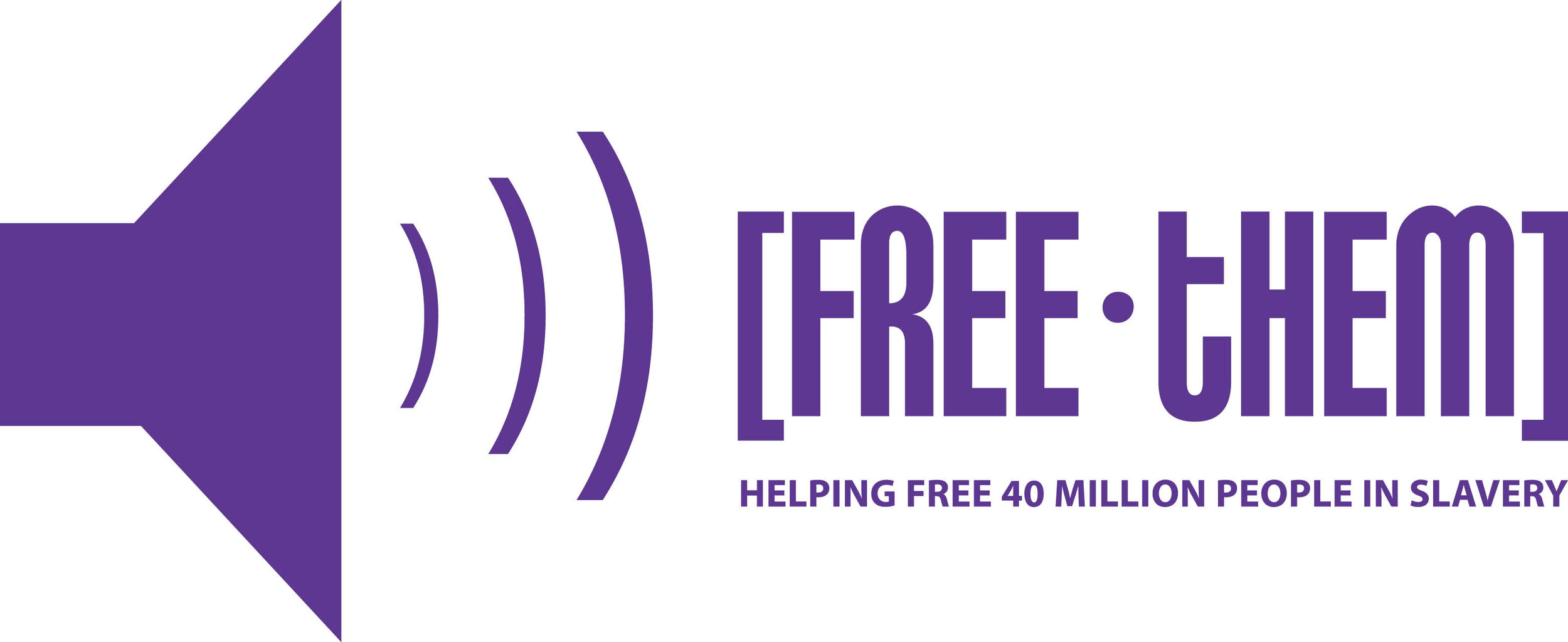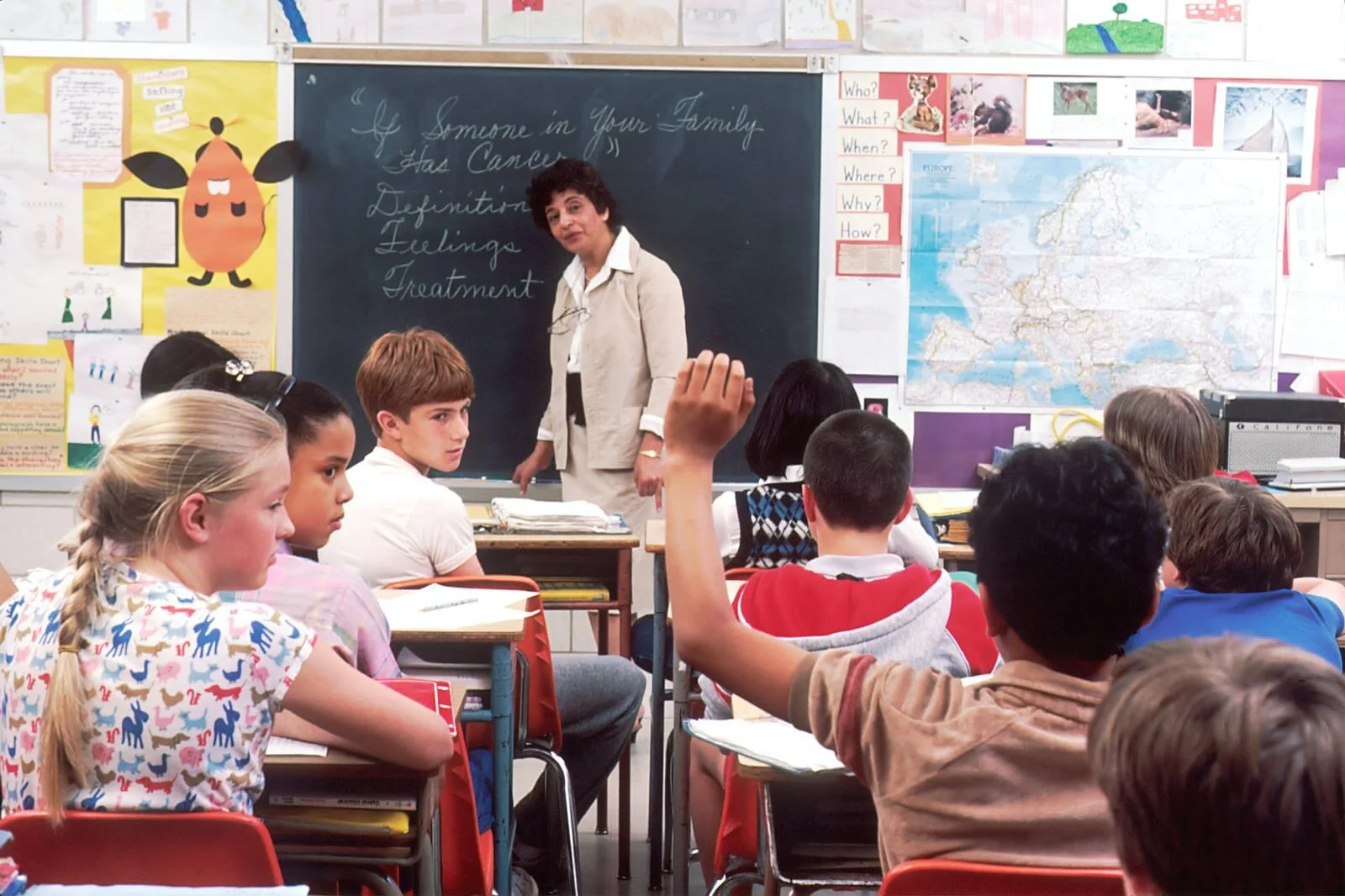Candid Interview: One Ontario Teacher’s True Thoughts and Fears on Sexual Exploitation of Young Children
I know a lot of teachers. From extended family members, to multiple neighbours and close friends. Learning so much about human trafficking in Canada over the years, I of course relay what I have learned to teachers around me as they are the source to young people. They are the protectors and educators that can prevent this disgusting crime from re-occuring over and over again in every generation. So when my neighbour forwarded me an email from a colleague, suggesting that she participate in a human trafficking awareness session, I thought to myself, ‘a teacher with a passion for human trafficking?’
Through my encounters with teachers I have mostly been confronted with blank faces of disbelief that sexual exploitation in Canada (as local as Toronto) existed at all. All of them dumb founded at the idea that a 13 year old girl in the school system could be lured into sexual intercourse with strangers willingly.
So I reached out the passionate educator who wrote the email to conduct this candid interview below. I was delighted that 36 year old Quincy, a Child and Youth worker with the TDSB was willing to connect on this subject so openly. When I asked her how she first learned about human trafficking/sexual exploitation, she explained that she read a blog post on social media 3 years ago. The story represented the traumatic experience of a survivor of sex trafficking in Canada. What surprised me was when she followed that statement with a confession. She herself was a victim of human trafficking as a teenager.
She went on to tell me that she never identified it as human trafficking because she thought she was raped. The truth is, she was. Victims of human trafficking are raped multiple times a day when they are being exploited. So her wording was extremely accurate.
Quincy was the oldest of 3 kids. She grew up in a loving, middle class family with both parents present. She was around 16 when a man, in his late 20’s, met her at a mall and started the grooming process. Showering her with love and affection, he was seemingly her boyfriend.
Free-Them: What are your thoughts on the current provincial curriculum?
Quincy: It’s a start. I like that it is breaking down beliefs, but there is a lot more to be done.
Free-Them: Does our country need to do more to prevent and stop human trafficking?
Quincy: Yes, a lot more. More programs in the community rather than just an increase in police man power. Training for young people to have opportunities, and more discussion about healthy relationships in sexual education.
Free-Them: Why do you feel this is an important subject?
Quincy: This affects everyone. It is not just a 3rd world problem. It effects all our children and our communities. It’s someone’s child, sister and friend. What if that happened to my child? The more we address the issue of human trafficking and talk about it, the more aware we become. Yes, it may be uncomfortable for most people to even bring it up but when we educate ourselves, our lenses open up and that's when we can see that this is real. It's not just a "poor people" problem. It affects EVERYONE!
Free-Them: When you ask teachers what they know about human trafficking, are they shocked?
Quincy: They are more just listening. One person was aware already.
Free-Them: Have you ever thought back to a student who may have been a victim?
Quincy: Yes. She was missing school a lot. She would talk about different friends and we would hear about her having a lot of money. Sometimes she would come to school high on drugs. Her homeroom teacher tried to reach out, and found it hard to get in touch with her parents who were divorced. Even the principal would try and track her down and check in with her, but she had a wall up. She was in grade 8.
Free-Them: What could the government do to stop the above from happening?
Quincy: I don’t know. We just couldn’t reach the parents. We didn’t know where she was living. The girl never wanted to speak about it.
Free-Them: Do you think that this young girls’ situation could have been prevented if the girl had been educated on human trafficking before?
Quincy: Yes. We can educate them and help them to see the signs of luring, before it gets to the next phase. We know more about mental health now than say 5 to 10 years ago. Many people suffer from mental health issues such as anxiety, depression, PTSD, so on. More people speak up and seek support more now than before because there's more awareness, a sense of openness to the topic in our society today.
Free-Them: How did you escape exploitation?
Quincy: The Social Worker and Child and Youth worker in my high school reached out to me and I eventually received counselling support, and I was able to leave that toxic relationship. At least that's just what we thought. No one knew what happened to me was human trafficking and sexual exploitation. The person who trafficked me never got arrested.
— End of Interview —
Interviewing Quincy was validating for us. Having lobbied the provincial government to educate the youth for years, we know that Free-Them does not stand alone on this thought process. I found it fitting that Quincy went on to become like the very same caring Child and Youth worker that helped her escape the abuse. There is no doubt in my mind Quincy will pay it forward to the future generation.
If you are or believe you have identified someone in a trafficking situation, you can take action. Call 911 immediately to notify local law enforcement. You may also call the human trafficking hotlines in Canada and the United States by dialling the numbers below. Both hotlines are open 24/7/365 days of the year and provide services in over 200 languages.
Canadian Human Trafficking Hotline
1-833-900-1010
United States Trafficking Hotline
1-888-373-7888


